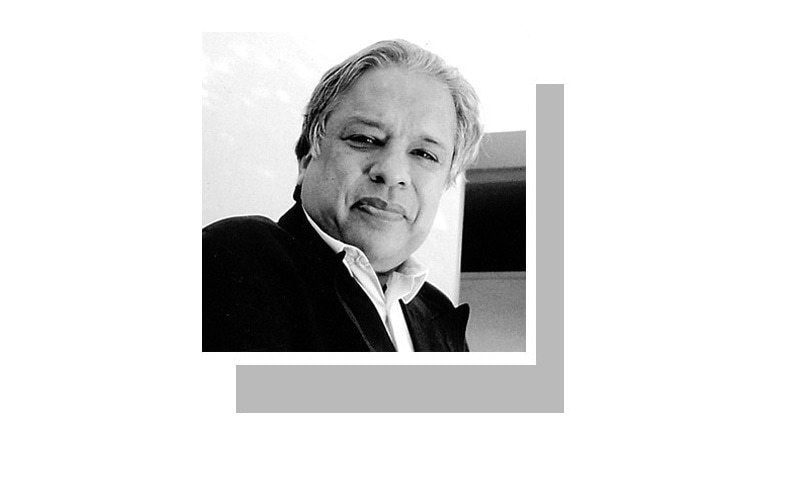IT is estimated that Karachi’s informal economy is between 30 to 40 per cent of the city’s total economy. Most of it consists of informal markets scattered at various locations where businesses can be carried out due to the presence of commuters who are their main customers.
According to official estimates, 72pc — about 1.2 million — of jobs in Karachi are generated by the informal economy. Hawkers are the backbone of this economy but no attempt has ever been made to regularise them or to improve their functioning.
On the other hand, in other cities, both in the north and south, this economy has been supported by developing hawkers’ markets of various kinds. These markets exist in London, Paris, Rome, and in other cities of the north. They cater to tourists, commuters, and the local populations. The location of many of these markets is in the city centre and often in the historic districts.
In the south, in many cities, markets have sprung up spontaneously because households had to earn a livelihood. They occupied public space, pavements, and even roads, just as in Karachi. In cities like Hanoi and Phnom Penh, they have been allocated space from where to function and in some cases they have been formalised.
Declining incomes have resulted in a major deterioration in livability.
In the Kathmandu valley, they function in the historic Darbar squares of all the towns. However, it is in Bangkok where a conscious effort has been made to promote the informal economy and markets have been established wherever there was a potential for economic activity and the creation of jobs. Cabins have also been placed on wide pavements all over the city. This has also been done very beautifully in Almaty thus integrating the formal and the informal. Pakistani politicians and planners have surely visited the informal markets in these cities and enjoyed the experience.
Karachi’s informal sector needs far more support than any of the above-mentioned cities because poverty in Karachi is increasing at a very fast rate whereas in the other cities it is shrinking.
In this context, the statistics given below would be eye-openers. The male unemployment rate between the ages of 25 to 59 years has increased from 16.69pc in 1981 to 29pc in 1998. All indications are that joblessness has increased substantially since then. Official figures suggest that 50.5pc of all Karachiites live below the poverty line as compared to 89pc of all katchi abadi households. In addition, the chronic poor constitute 54pc of the katchi abadi population. These figures alone should make us look at the informal sector, which is the main source of livelihood for the poor, as an alternative to bulldozing of markets and homes.
Declining incomes have resulted in a major deterioration in livability and this is obvious by comparing the housing census of 1981 with that of 1998. Houses without separate latrines were 26pc in 1981 while in 1998 they had gone up to 53pc.
Similarly, houses without separate kitchens increased from 35pc to 52pc and those without separate bathrooms increased from 31pc to 66pc in the same period. These are very damning statistics and point to increasing densification and a lack of means with households to maintain and extend their homes.
Given that densities are increasing phenomenally, the figures that the 2017 housing census will provide will be much worse. With the perpetuation of such conditions in its largest city, Pakistan can never become an Asian tiger and nor can the riasat-i- Madina be established.
It is very important for us to understand why our politicians and planners have never wanted to provide space for the informal sector or upgrade it and why they have always chosen instead to demolish it and that too brutally. Is it megalomania or paranoia? Or is it that they cannot understand the larger socioeconomic context of the city? Or maybe it is a strong anti-poor bias deeply embedded in our social consciousness.
Whatever the reason, it is suggested that in the future before removing or demolishing any significantly large economic enterprises, an alternative plan of accommodating them in nearby available spaces be made in a manner that does not inconvenience pedestrian and vehicular traffic and does not create conditions for physical and social degradation.
If this can be done in other cities of the world, there is no reason why it cannot be done in Pakistan especially since there are academic institutions in this city who have the knowledge and expertise for negotiating such a settlement and linking it to larger heritage concerns.
Given the fact that the courts in Pakistan determine policy to a great extent today, it is humbly requested of their lordships to please turn their attention towards these very important right to livelihood and urban planning issues so that a more equitable and humane city can be built.
The writer is an architect.
Published in Dawn, November 28th, 2018












































